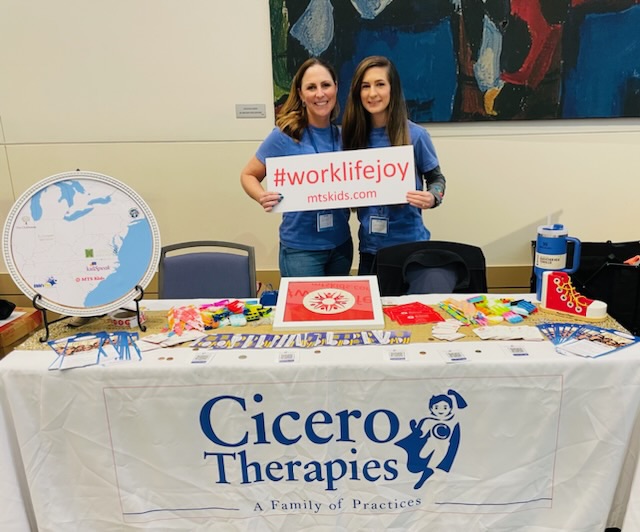
News
What is Dysphagia? Dysphagia is a swallowing disorder that is characterized by difficulty with processing movement of food/liquid and/or the….
News
What is Pincer Grasp? Picking up small items requires fine motor skills – which means pinching between the thumb and….
News
There are many opportunities throughout the day for parents and caregivers to provide high-quality language input for their children. No….
MTS accepts many forms of therapy coverage, including SC Medicaid, SC BabyNet, Private Pay, Health Savings Accounts, Private Insurance, and Tricare. Call us to learn more about your therapy coverage.
MTS has two private clinics, one off The Parkway in Greer and one on Spartanburg’s Westside. We currently offer both speech and occupational therapy services at our Greer clinic and speech therapy services at our Spartanburg clinic as well as most daycares, preschools, and private schools across Spartanburg and Greenville counties.
Speech therapy benefits children who are not talking, not talking in complete sentences, or are hard to understand, as well as children who appear to stutter or have difficulty getting words out. Furthermore, speech therapy benefits children who have difficulty understanding words/ language. If your child experiences any of the following, a speech evaluation may be needed:
Occupational therapy benefits children who have delays in fine and gross motor skills, sensory processing, and self-care skills. If your child has difficulty with any of the following, occupational therapy can help.
At MTS Kids, we offer Speech and Language Therapy, Occupational Therapy, and Feeding Therapy.
Outpatient therapy follows a medical model while school based OT follows an educational model. Outpatient therapists work with individuals to enhance functional participation in the home, community and school setting, while school therapists support the student through academic challenges.
Outpatient therapy is able to address a wider variety of skills usually on a one-to-one basis and emphasizes a family-centered approach, often including the parent/caregiver through the evaluation, goal setting, and discharge process. Outpatient therapists can use a variety of intervention strategies including but not limited to: play, sensory integration, strengthening, coordination, fine/ visual motor, and socialization skills.
There is some overlap in these closely related services, but the differences in scope of practice help us to clarify when there may be a need for both school-based as well as outpatient services, and why in some cases only one or the other is needed.
The frequency of service is determined by several factors including the severity of the need, the age and attention span of the child, and your personal schedule. Most children receiving services at MTS Kids attend 1-2 times per week. The length of the sessions can also vary, but most children are seen for 1-hour sessions. These decisions will be made jointly by you and your therapist, following the evaluation.
The length of time that therapy services are needed varies widely from child to child. As trained therapists, we re-evaluate your child’s needs every 3 months. At that time, you and your therapist update your child’s goals together and look at progress. The length of therapy also depends on the severity of the problem and the rate of progress made in the therapy sessions and during reinforcement at home and in the community.
First, trust your instincts! Most of the time, a caretaker’s instincts about their child are absolutely right! It is not helpful to ignore those instincts. Others may say that the child will simply “outgrow” a delay. While this could be true, it is impossible to know which children will outgrow their delay and which will need support from a skilled therapist to help them functionally, academically, or socially.
If a child needs help with his/her speech or language, sensory, motor, self-help, feeding skills, or social development, it is important to get that help as early as possible. Research strongly supports that early intervention is extremely beneficial.
MTS also offers occupational therapy and speech and language screenings for a nominal fee as well, to take the guesswork out of the concern. Contact our office to schedule.
The first step is to call our office at 864-244-3474. We will obtain information from you regarding your concerns about your child and answer any questions you might have. Then we will discuss your scheduling needs and set up a time that works for you and your child.
At MTS Kids, we’re dedicated to nurturing your child’s potential through engaging, hands-on learning experiences. Discover how our innovative approach sets the foundation for a lifetime of success.
